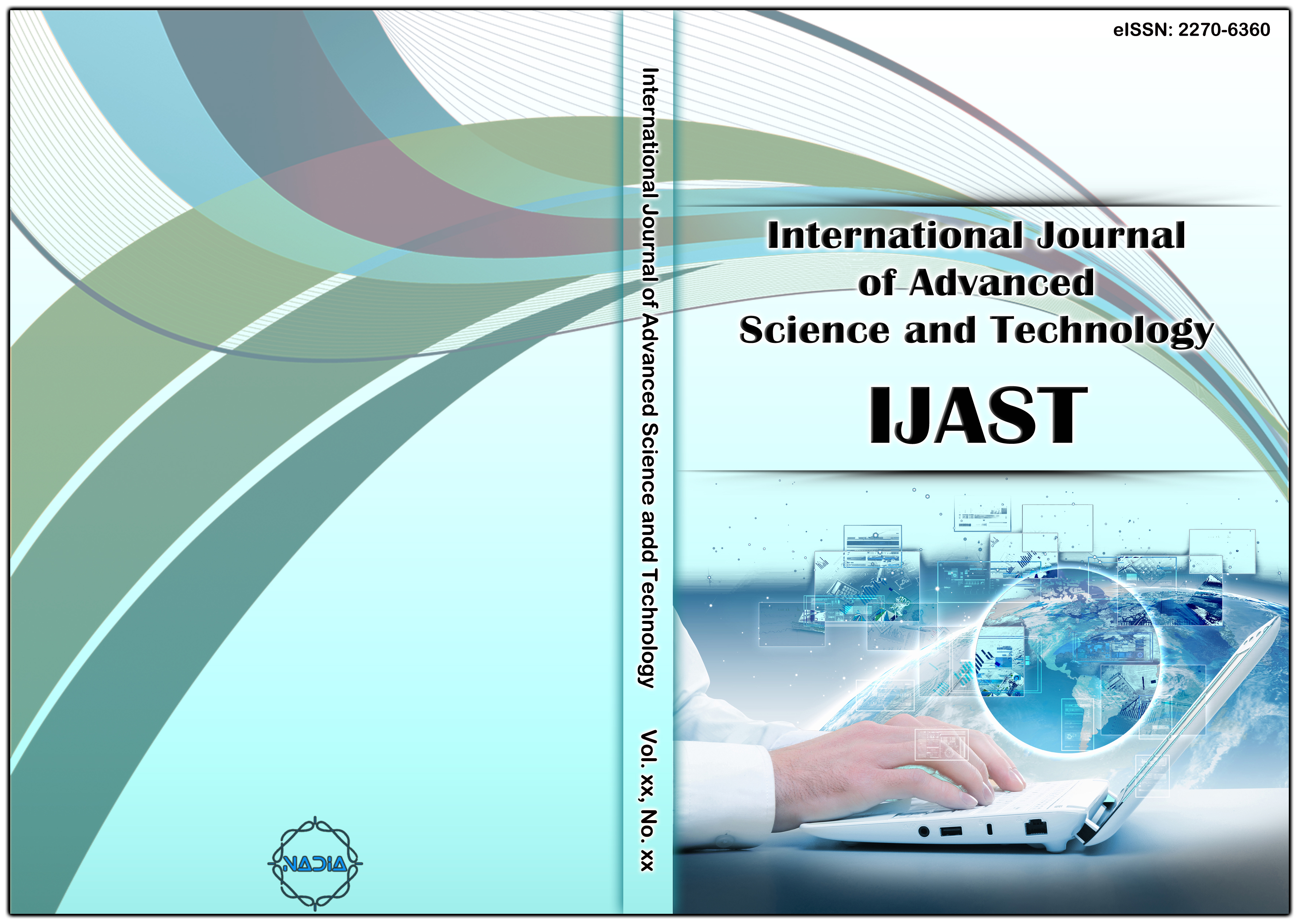[1] Ukoh, E. E & Adewale, J. G. Science teachers’ attitude to ICT integration in science education in Oyo State, Nigeria. West African Journal of Education, XXXIV (2014).
[2] Shah, I and Khan, M. Impact of multimedia-aided teaching on students’ academic achievement and attitude at elementary level. US-China Education Review. 5(5) (2015).
[3] Kareem, A.A. The use of multimedia in teaching biology and its impact on students’ learning outcomes. The Eurasia Proceedings of Educational & Social Sciences (EPESS), 9(2018), 157-165.
[4] Mayer, R. E. Using multimedia for e-learning. Journal of Computer Assisted Learning, 33(5) (2017), 403–423.
[5] Clark, R. C., & Mayer, R. E. E-learning and the science of instruction: Proven guidelines for consumers and designers of multimedia learning. John Wiley & Sons (2016).
[6] Fouh, E., Breakiron, D. A., Hamouda, S., Farghally, M. F., & Shaffer, C. A. Exploring students learning behavior with an interactive e-textbook in computer science courses. Computers in Human Behavior, 41(2014), 478–485.
[7] Khamparia, A., & Pandey, B. Impact of interactive multimedia in E-learning technologies, (2017). pp 171–199.
[8] Stec, M., Smith, C., & Jacox, E. Technology enhanced teaching and learning: Exploration of faculty adaptation to iPad delivered curriculum. Technology, Knowledge and Learning (2019)., 1–15.
[9] Malik, S & Agarwal, A. Use of media as a new educational tool – A study. International Journal of Information and Education Technology, 2 (5) (2012).
[10] Neo, M. Learning with multimedia: Engaging students in constructivist learning. International Journal of Instructional Media, 34(2) (2007).
[11] Ugwuanyi, C.S., Okenyi, E.C., Ezema, V., & Amoke, C. Effect of digital game-based learning on achievement of primary school pupils in sciences in Enugu State, Nigeria. Journal of Educational Research on Children, Parents & teachers, 1(1) (2020), 35-44.
[12] Winnie, W. M.S; Yu, C & Zhi, H.W. Multimedia e-learning and self-regulated science learning: A study of primary school learners’ experiences and perceptions. Journal of Science Education and Technology 28(2018):508–522. https://doi.org/10.1007/s10956-019-09782-y.
[13] Turner, P.E., Johnston, E., Kebritchi, M., Evans, S & Heflich, D.A. Influence of online computer games on the academic achievement of non-traditional undergraduate students. Cogent Education, 5(2018), 1437671.
[14] Chia-Li, D.C., Ting-Kuang, Y & Chun-Yen, C. The effects of game-based learning and anticipation of a test on the learning outcomes of 10th grade geology students. Eurasia Journal of Mathematics, Science & Technology Education, 12(5) (2016), 1379-1388 doi: 10.12973/eurasia.2016.1519a.
[15] Ming-Hsiu, M. C., Shih-Ting, T.M & Chi-Cheng, C. Effects of game-based instruction on the results of primary school children taking a natural science course. Educational Sciences, 9, 79(2019); doi:10.3390/educsci9020079.
[16] Chen, C.H., Wang, K.C., & Lin, Y.H. The comparison of solitary and collaborative modes of game-based learning on students' science learning and motivation. Educational Technology and Society, 18(2) (2015), 237-248.
[17] Hwang, G.J., Wu, P.H & Chen, C.C. An online game approach for improving students' learning performance in web-based problem-solving activities. Computers and Education. 59(1) (2015), 1246-1256.
[18] Unterbruner, U., Hilberg, S., & Schiffl, I. Understanding groundwater–students' pre-conceptions and conceptual change by means of a theory-guided multimedia learning program. Hydrology and Earth System Sciences, 20(6) (2016), 2251–2266.
[19] Sun, J., Flores, J., & Tanguma, J. E-textbooks and students’ learning experiences. Decision Sciences Journal of Innovative Education, 10(1) (2012), 63–77.
[20] Li, M. C., & Tsai, C. C. Game-based learning in science education: A review of relevant research. Journal of Science Education and Technology, 22(6) (2013), 877–898.
[21] Khan, A., Ahmad, F. H., & Malik, M. M. Use of digital game-based learning and gamification in secondary school science: The effect on student engagement, learning and gender difference. Education and Information Technologies, 22(6) (2017), 2767–2804.
[22] Danijela, R.C; Zagorka, L.C; Dušanka, O & Mirjana, S. The application of multimedia and its effects on teaching physics in secondary school. Година 46 • Број 2 • Децембар (2014), 339–363. DOI: 10.2298/ZIPI1402339R. https://www.researchgate.net/publication/276237081
doi: 10.17265/2161-623X/2017.09.003.
[23] Trybus, J. Game-based learning: What it is, why it works, and where it’s going (2014). Retrieved from www. simcoachgames.com/pdfs/WP-Trybus-Game-basedlearning.pdf.
[24] Maraffi, S; Sacerdoti, F.M & Paris, E. Learning on Gaming: A New Digital Game Based Learning Approach to Improve Education Outcomes. US-China Education Review A, September, 7(9) (2017), 421-432.
[25] Holzinger, A., Nischelwitzer, A., Meisenberger, M. Lifelong – Learning support by m-learnig: Example scenarios, eLearn Magazine (2005). https://doi.org/10.1080/2331186X.2018.1437671.
